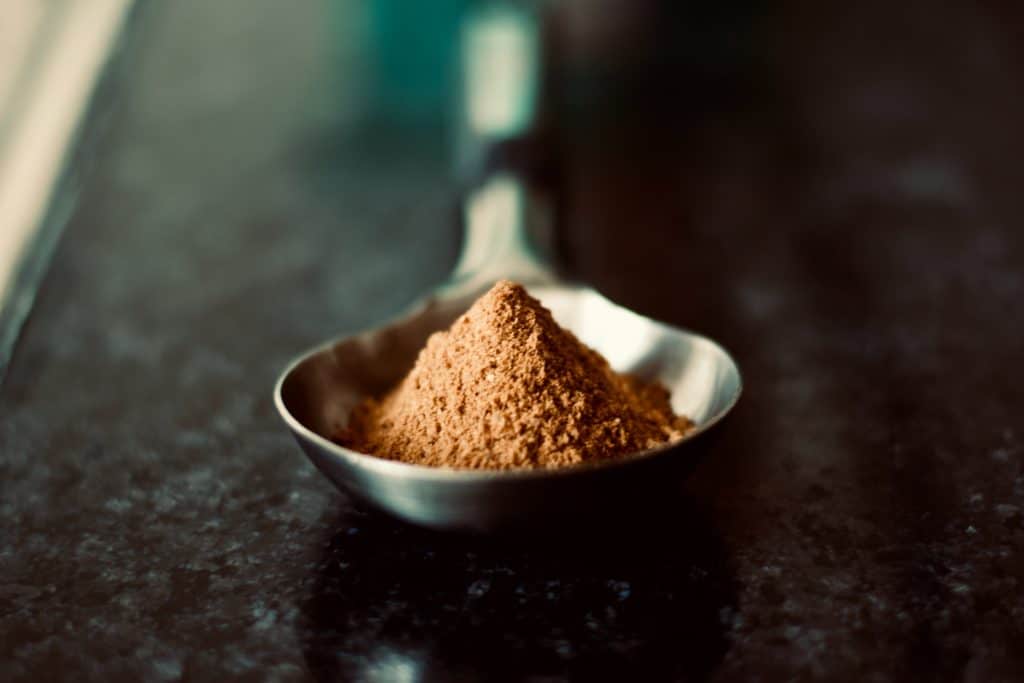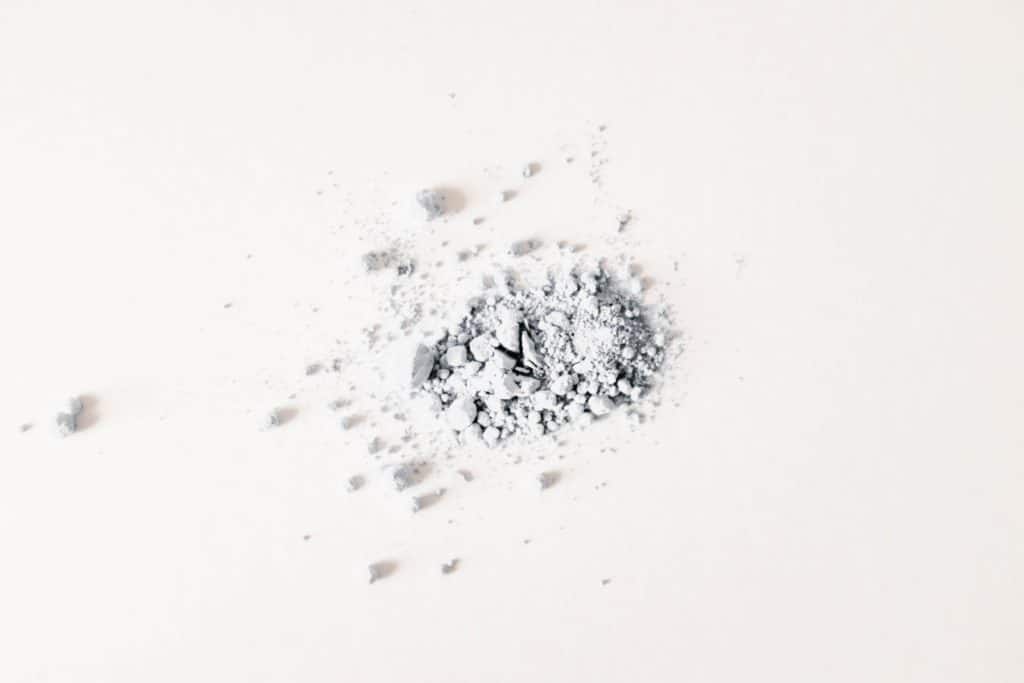Have you ever thought of trying a pre-workout … but you’re not exactly sure what it actually does?
It’s common to see many people in the fitness industry downing pre-workout before a session, so it’s natural to be curious what the benefits are.
“Pre-workout” is the term that refers to various types of supplements that can be taken before your workout to help boost your performance and focus in a variety of ways.
Here, I’ll break down exactly how a pre-workout can give you an enhanced workout, as well as what supplements to consider.
Let’s dive in.
Pre-Workout Supplements and Their Benefits

Typically, pre-workout supplements are taken in powder form, roughly 30 minutes before a workout. They are usually a blend of different amino acids, vitamins, and/or extracts and herbs that have different benefits to performance. Below are some of the most popular:
BCAAs (Branched-Chain Amino Acids)
BCCAAs, or the branched-chain amino acids of leucine, isoleucine, and valine, help increase protein synthesis and decrease protein breakdown. They can also help decrease delayed onset muscle soreness (DOMS), which helps with faster recovery (super important when you’re on an intense regime). Interestingly, they can also reduce mental and physical fatigue during a workout.
Many pre-workout supplements contain BCAAs, and they are also available as stand-alone supps you can add to other pre-workout blends.
Caffeine
Interestingly, caffeine is noted to be one of the best pre-workout supplements, and is included in most blends.
(Yep, coffee can definitely be considered a pre-workout. Cheers to that!)
Studies have shown that caffeine can increase alertness, sharpen focus, improve tolerance for pain caused by exercise, help burn fat, and help athletes do intense work for longer periods.
Others have also revealed that caffeine can increase maximal strength, power, endurance, and even reduce muscle soreness.
These benefits stem from caffeine’s ability to activate your nervous system to improve focus and reaction time, while reducing fatigue. It also triggers the release of endorphins, or “feel-good” hormones, that can give you a happy “high,” while potentially reducing pain.
Interestingly, it can also spare muscle carb stores, which can increase muscle endurance.
I know. Sign me up to another cup.
Beta-Alanine
Beta-alanine is another common addition to pre-workout blends. It is added to help you, essentially, push out more reps by reducing the intense “burning” sensation you feel when you’re at the end of your reps.
This happens when acidity builds up in your muscles. Beta-alanine comes in to help buffer this acid build-up, so you can go harder, for longer.
One of the common side effects of beta-alanine is tingling in the facial area, but this can be mitigated by taking a lower dose, or splitting it up throughout the day.
L-Citrulline
L-citrulline is a form of the amino acid citrulline, found in watermelon. It works as a nitric oxide booster, which can help dilate your blood vessels to get more oxygen and nutrients to your muscles.
This can lead to better muscle performance, recovery, and less soreness.
Other Pre-Workout Supplements:

- Huperzine-A is often used to support focus and mental energy.
- L-theanine is sometimes added to promote alertness and offset potential jitters caused by caffeine.
- L-tyrosine can boost energy levels, as well as help reduce fatigue.
- Nitrosigine is a unique form of arginine that can increase blood flow, reduced muscle damage, and boost concentration.
- Beetroot is sometimes used to help usher in more nutrients and oxygen to muscles.
If you’re considering a pre-workout supplement, you can choose one that contains a blend of these ingredients, or try out one or two on your own and see how you feel.
One thing to keep in mind with these (and with all supplements, ideally) is to make sure they are clean, without any added sugars, artificial flavorings, or chemical colorings or preservatives.
Typically, pre-workouts come in powder form, but you may also find some as capsules or tablets.
Be aware that some might cause you to feel a little jittery, which is why it’s best to only take them roughly 30 minutes before your workout. Also, be sure not to be chugging coffee in addition to a pre-workout containing caffeine (we don’t want you to spaz out … plus it could be dangerous to have too much caffeine at once!).
Have you tried pre-workout? What was your experience? Let me know below!
Very good the información thanks for share it !
Glad you enjoyed! Appreciate the support
What is your go to product that you like to use?
Nice information thanks ?
Informative article about pre-workout content. Love to read. Sir, Just wanted to ask, is pre-workout safe to use in comorbid condition?? Or one should consult Doctore first? Bcz some of them increase your bloodflow as well as your heart beats.
Always recommend consulting with a doctor!
Usually I go with Black coffee. It’s working.???
Thanks for info. I choose C4 as pre-workout. It has great taste too.